Disclosure: This article contains affiliate links. We may earn a commission from purchases at no extra cost to you, which helps our travel content.
The morning sun cast long shadows across Kitwe's rust-colored earth as I sipped my coffee on the small guesthouse balcony, watching the city wake up. Far from the Great Lakes I've grown to love in Buffalo, I found myself drawn to this Copperbelt hub not for its famous mines, but for something far more valuable – the rich cultural tapestry woven by its people. After burning out in Silicon Valley's tech scene years ago, I've made it my mission to seek authentic connections wherever I travel. Kitwe delivered in ways I never expected. This industrial Zambian city might not top most travelers' bucket lists, but for students and cultural explorers willing to venture beyond the typical safari circuit, Kitwe offers a raw, unfiltered glimpse into contemporary Zambian life where colonial history, mining heritage, and vibrant local traditions create a fascinating cultural landscape. Grab your daypack and join me as we explore the human side of the Copperbelt, where the true wealth isn't underground – it's in the stories, traditions, and daily rhythms of its people.
Finding Your Bearings: Navigating Kitwe's Cultural Landscape
Kitwe isn't a city that reveals itself immediately. Unlike Lusaka's governmental pomp or Livingstone's tourist-friendly Victoria Falls setup, Kitwe wears its industrial heart on its sleeve. My first day was spent simply walking – absorbing the city's rhythm, from the bustling Chisokone Market to the more orderly shopping centers that dot the landscape.
The city's layout reflects its history as a copper mining settlement established during British colonial rule. You'll notice the stark contrast between the planned colonial-era neighborhoods and the more organic growth of newer areas. I found myself constantly reaching for my pocket guidebook to provide historical context for what I was seeing.
While most travelers base themselves near the city center, I opted for a small locally-run guesthouse in Nkana East, which offered a more authentic neighborhood experience. At around 250 Zambian Kwacha (about $12 USD) per night, it was both affordable and provided that crucial local connection – my host Mutale became my unofficial cultural translator throughout my stay.
To truly get oriented, I recommend starting with a visit to the Copperbelt Museum. While modest in size, it offers crucial context about the region's mining heritage and how it shaped the diverse communities that now call Kitwe home. The museum's staff – many former miners themselves – share personal stories that no guidebook could capture.
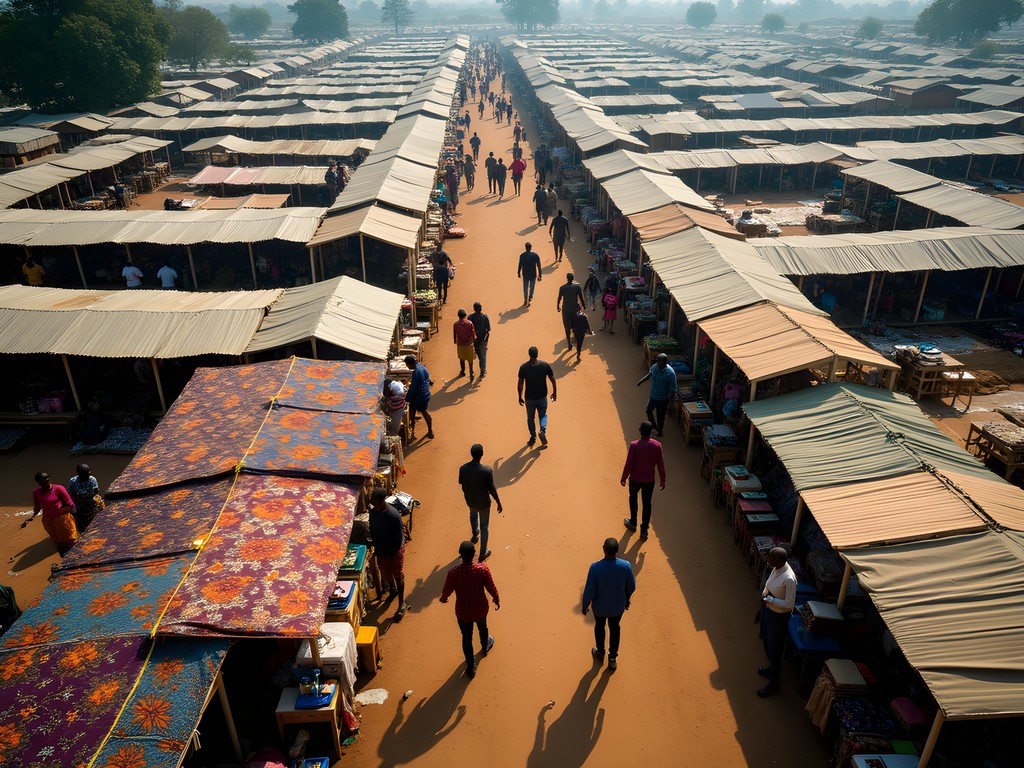
💡 Pro Tips
- Download Maps.me before arriving as offline navigation is essential when mobile data gets spotty
- Learn basic Bemba greetings like 'Muli shani' (How are you?) – locals genuinely appreciate the effort
- Exchange money at official bureaus rather than on the street, despite tempting better rates
Living Traditions: Connecting with Kitwe's Communities
If there's one thing I've learned from years of traveling, it's that genuine cultural experiences rarely happen on a rigid schedule. My most memorable day in Kitwe came through a chance conversation with a craft vendor named Joseph at Chisokone Market. After admiring his intricate copper wire art (the region's signature craft), our conversation shifted from tourism to family traditions. Before I knew it, I had an invitation to his family compound in a township on Kitwe's outskirts.
The next afternoon found me sharing a communal meal of nshima (maize porridge) and chicken stew with three generations of Joseph's family. His grandmother, eyes bright with stories despite her advanced age, taught me the proper one-handed technique for eating nshima – a skill I butchered to everyone's amusement. What struck me most was how technology and tradition coexisted here; Joseph's teenage son scrolled TikTok videos while his grandmother prepared food using methods unchanged for centuries.
For students seeking cultural immersion, I recommend connecting with the Copperbelt University. Many students are eager to practice English and show visitors around their city. The university occasionally hosts cultural events that visitors can attend – I caught a traditional dance performance that blended Bemba tribal movements with contemporary influences.
Before visiting local communities, I made sure to bring my portable power bank which proved invaluable during long days away from reliable power sources. It kept my phone charged for translations, photos, and navigation through Kitwe's sprawling townships.
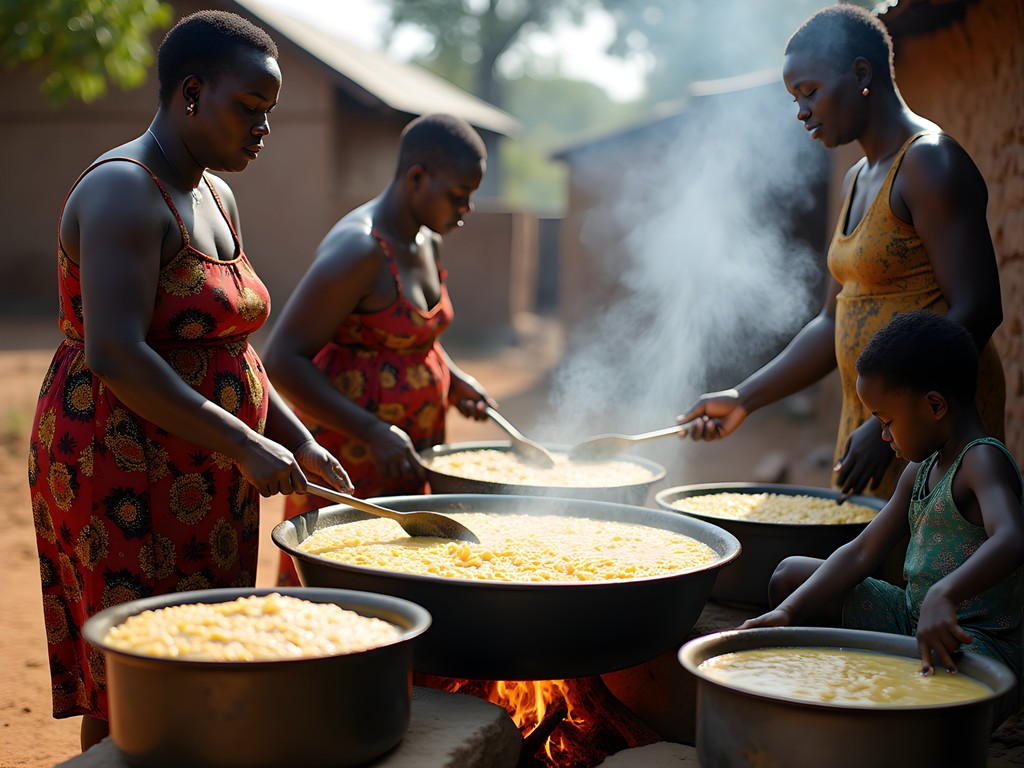
💡 Pro Tips
- Always ask permission before photographing people or their homes
- Bring small gifts like tea or coffee when invited to someone's home (avoid money which can feel transactional)
- Dress modestly when visiting residential areas – shoulders covered and no shorts for both men and women
Rhythms of the Copperbelt: Music, Art and Nightlife
Kitwe's cultural scene pulses with energy that belies its industrial reputation. My background in Miami's vibrant nightlife made me particularly curious about how Kitwe's residents blow off steam after work. The answer came in many forms, from impromptu street performances to proper nightclubs.
The heart of Kitwe's creative expression is found in its music. Copperbelt Zambia has produced some of the country's most influential musicians, blending traditional rhythms with contemporary sounds. On my third night, I followed the recommendation of my guesthouse owner to a small bar called Mindolo Blues, where local bands perform a distinctly Zambian take on rumba and soukous music. The crowd – a mix of miners, university students, and office workers – moved as one organic entity to the hypnotic guitar lines.
For a more traditional experience, I connected with a cultural preservation group that hosts regular ngoma drum circles and dance performances. These aren't tourist shows but authentic community gatherings. I was welcomed to participate (despite my embarrassingly stiff attempts at the intricate footwork).
Kitwe's visual arts scene centers around copper – no surprise given the region's heritage. Local artisans create everything from jewelry to sculpture using copper wire and sheets. The Copperbelt Museum hosts rotating exhibitions of local artists, while the market offers opportunities to purchase directly from creators. I picked up several pieces that now serve as meaningful souvenirs in my Buffalo apartment.
Nightlife in Kitwe ranges from upscale hotel bars to township shebeens (informal drinking establishments). For students on a budget, the areas around Copperbelt University offer affordable options where you can mingle with locals over reasonably priced Mosi lager, Zambia's national beer. As a craft beer enthusiast, I was pleasantly surprised to find a small microbrewery called Copperbelt Brewing making interesting experimental batches – their coffee stout was a delightful find.
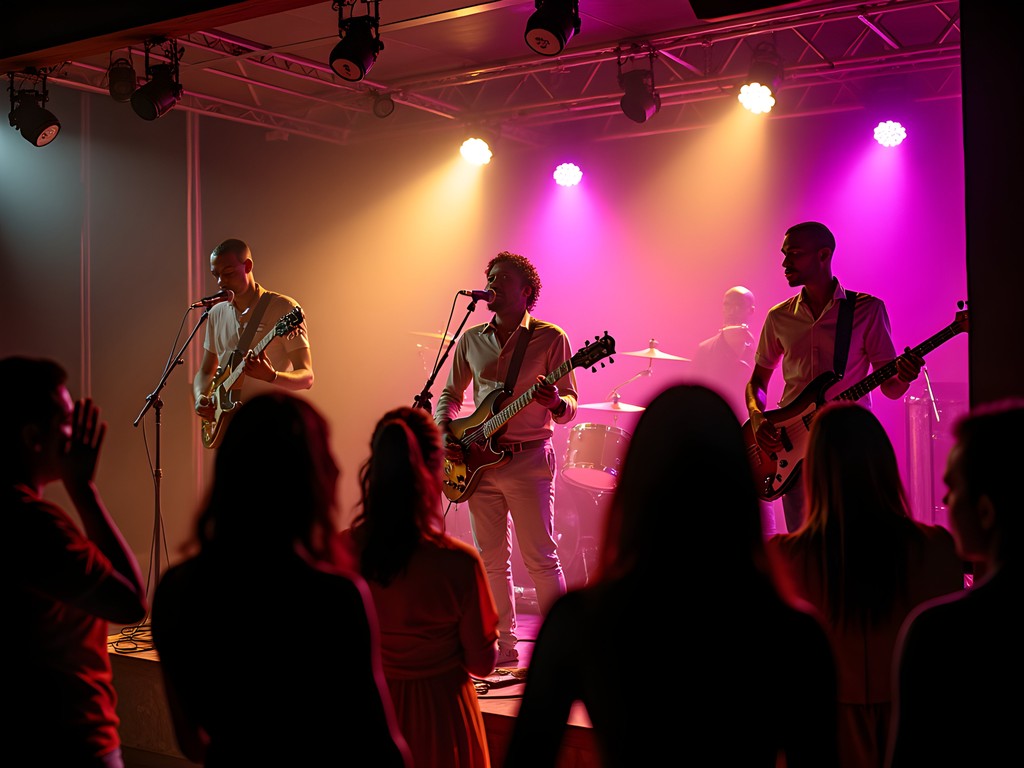
💡 Pro Tips
- Carry small bills for cover charges and drinks as change can be scarce
- Use trusted taxi services or ride-sharing apps when exploring nightlife, especially when returning late
- Ask locals about current music events – the best performances rarely appear in tourist guides
Market Immersion: Chisokone's Cultural Crossroads
If cities have hearts, Kitwe's beats strongest at Chisokone Market. This sprawling commercial hub is more than just a place to shop – it's where Kitwe's diverse communities converge, where news travels faster than on social media, and where the true economic pulse of the city can be felt.
I dedicated an entire day to exploring Chisokone's labyrinthine corridors. The market is roughly organized by product type – produce sections burst with locally grown vegetables I couldn't identify, textile areas explode with chitenge fabrics in dizzying patterns, while the household goods sections offer everything from hand-forged cooking pots to plastic imports from China.
Navigating Chisokone requires both physical and cultural stamina. The narrow pathways between stalls become congested by mid-morning, and the sensory experience is overwhelming – the calls of vendors, music from portable radios, the scent of dried fish and fresh fruit all competing for attention. I found my crossbody travel bag perfect for this environment, keeping my essentials secure while leaving hands free to examine goods or greet vendors.
Beyond shopping, Chisokone offers something more valuable: authentic cultural exchange. Unlike tourist markets in more visited parts of Africa, foreigners are still relatively uncommon here. This meant genuine conversations rather than rehearsed sales pitches. I spent nearly an hour with a fabric vendor named Charity who explained the meaning behind different chitenge patterns and how they're incorporated into important life ceremonies.
Food stalls at the market's edges provide the perfect opportunity to sample local cuisine inexpensively. I particularly enjoyed the freshly made vitumbuwa (sweet fried dough balls) and grilled cassava with peanut sauce. For around 20 Kwacha (less than $1), you can enjoy filling street food while watching the market's daily drama unfold.
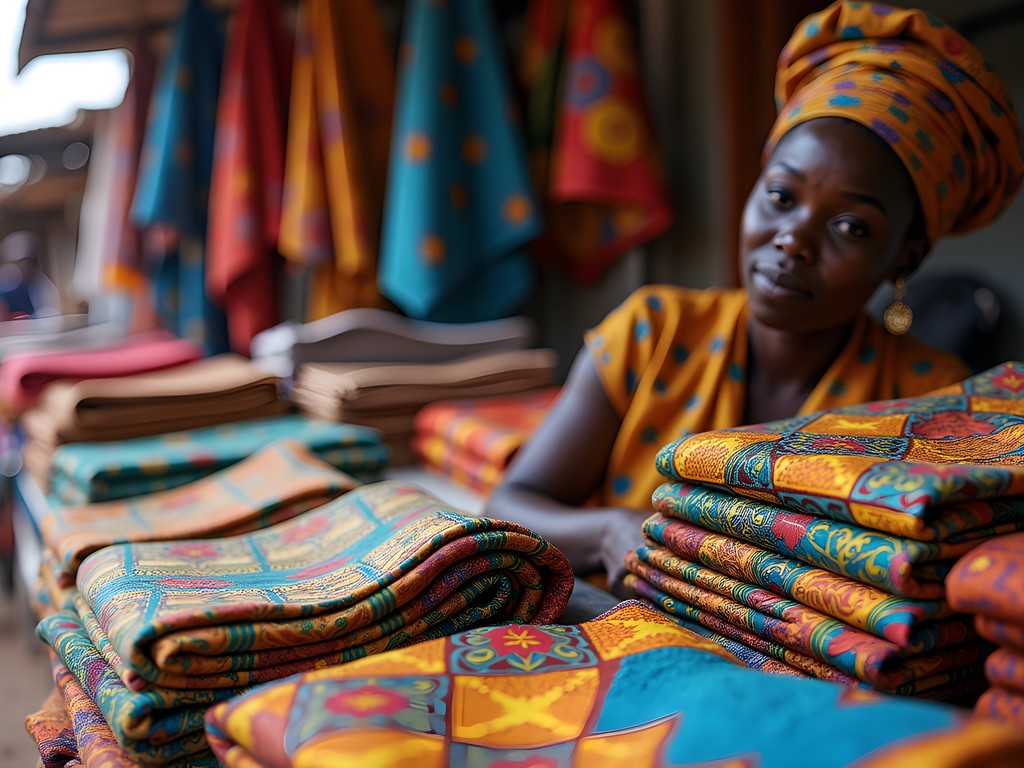
💡 Pro Tips
- Visit early morning (6-8am) for the freshest produce and a less crowded experience
- Start conversations with 'How much is this?' in Bemba ('Ni shinga?') to break the ice with vendors
- Bargaining is expected but keep it respectful – aggressive haggling over small amounts can be offensive
Mining Heritage: Understanding Kitwe's Cultural Foundation
You can't truly understand Kitwe without acknowledging the copper that built it. While my focus wasn't industrial tourism, I discovered that mining isn't just an industry here – it's a cultural identity that shapes everything from family structures to social hierarchies.
The Nkana Mine, one of Africa's largest copper operations, offers limited tours that provide fascinating context. Unlike the sanitized corporate tours I've experienced elsewhere, my guide was a retired miner named Benson who spoke candidly about both the economic opportunities and human costs of Kitwe's primary industry. The massive scale of the operation – the winding towers, processing plants, and township housing – creates a landscape unlike anything I've seen in my travels across North America.
More accessible is the Copperbelt Museum, which documents the region's mining history from colonial times through nationalization and privatization. What struck me most were the exhibits on mining culture – the songs, superstitions, and social structures that evolved underground. The museum's modest entrance fee (about $5 for foreign visitors) supports their preservation efforts.
For a deeper understanding, I spent an evening at a local shebeen frequented by off-duty miners. Over Mosi beers, I heard stories that revealed how deeply mining identity runs in families – many were third-generation miners, their grandfathers having worked the same veins during colonial times. Despite the dangerous conditions and economic uncertainties, there was immense pride in this heritage.
To capture these experiences, I relied on my rugged camera which handled the dusty conditions beautifully and was compact enough to carry everywhere. The low-light capabilities proved essential in capturing the dimly lit museum exhibits and evening gatherings.

💡 Pro Tips
- Book mine tours at least a week in advance through your accommodation as spaces are limited
- Visit the miners' monument at the city center to understand the human cost of Kitwe's development
- When discussing mining politics, listen more than you speak – the issues are complex and nuanced
Final Thoughts
As my two weeks in Kitwe drew to a close, I found myself sitting at a small roadside restaurant, sharing a farewell meal with friends I'd made – university students, market vendors, and my ever-patient guesthouse host. We talked about the changing face of Zambia, about dreams and challenges, over plates of nshima and village chicken. In that moment, I realized what makes Kitwe special isn't found in guidebooks or Instagram feeds. It's in these authentic connections that transcend the typical tourist experience. For students and cultural explorers willing to step beyond conventional destinations, Kitwe offers something increasingly rare: a chance to engage with a community on its own terms, uncurated and real. The copper beneath this city may be its economic engine, but the true wealth of Kitwe is in its people – their resilience, generosity, and the living cultural heritage they share with those willing to listen. When you visit, come with open hands and an open heart. The Copperbelt will leave its mark on you, just as surely as the rust-red soil that still stains my favorite hiking boots.
✨ Key Takeaways
- Authentic cultural immersion in Kitwe requires patience and relationship-building rather than checkbox tourism
- The connection between mining heritage and cultural identity runs deep and influences all aspects of local life
- Student travelers can find meaningful exchanges through university connections and community gatherings
- Budget-friendly experiences (markets, community events, local food) often provide the richest cultural insights
📋 Practical Information
Best Time to Visit
May to August (dry season)
Budget Estimate
$30-50 per day including accommodation, food and activities
Recommended Duration
Minimum 1 week, ideally 2 weeks
Difficulty Level
Intermediate - Requires Some Travel Experience And Cultural Adaptability
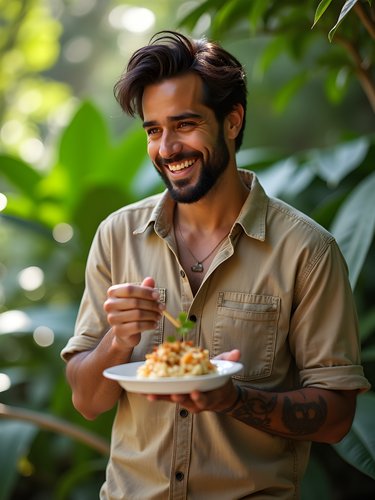
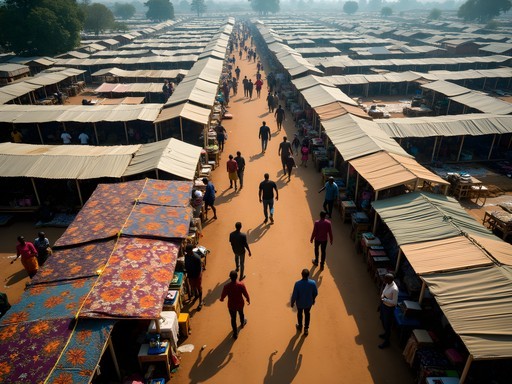
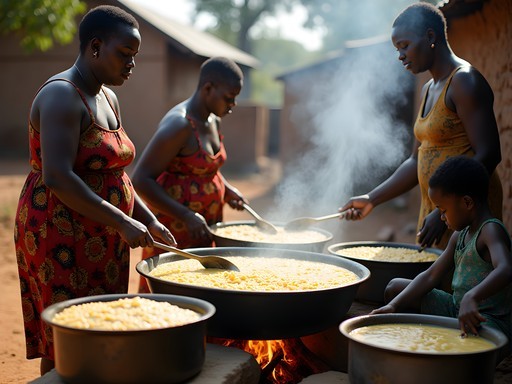
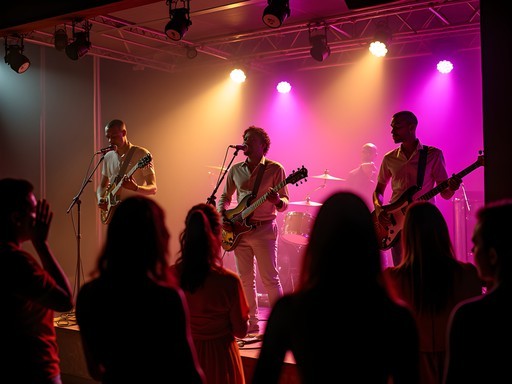
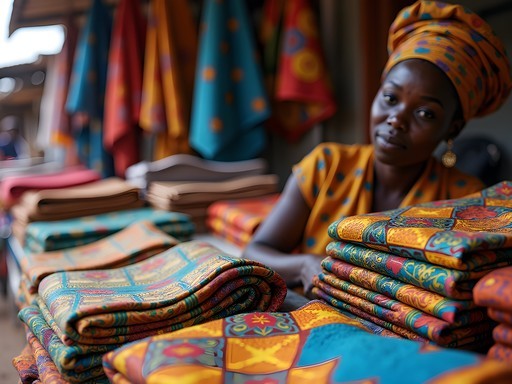



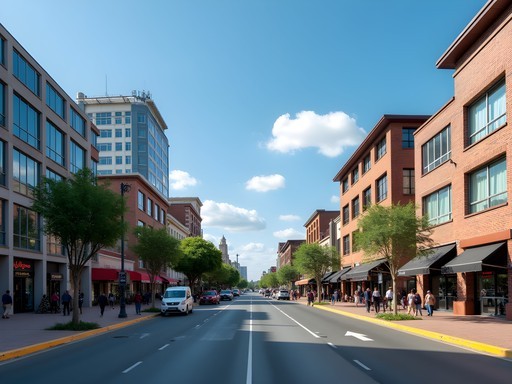
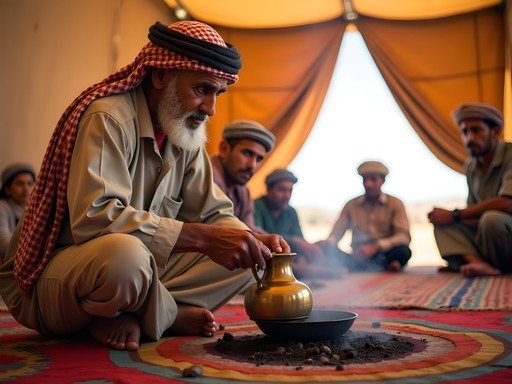
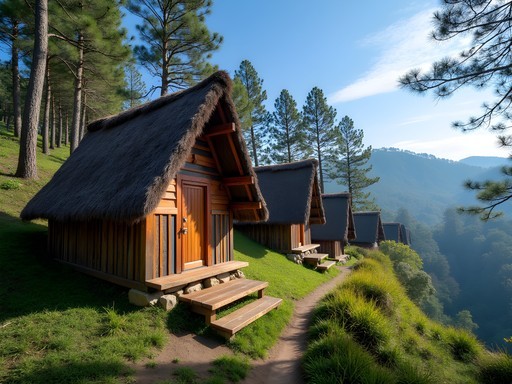
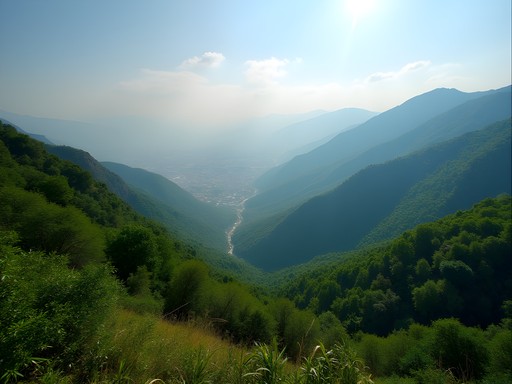
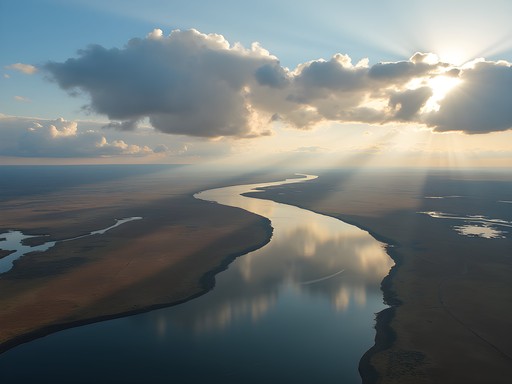
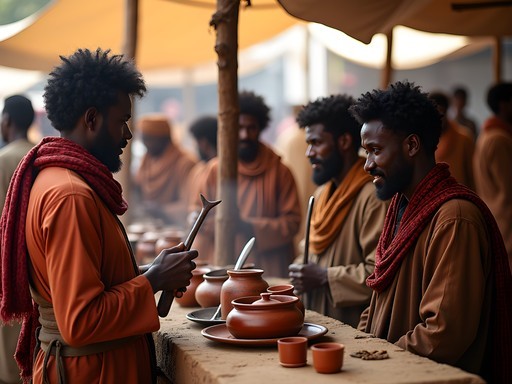
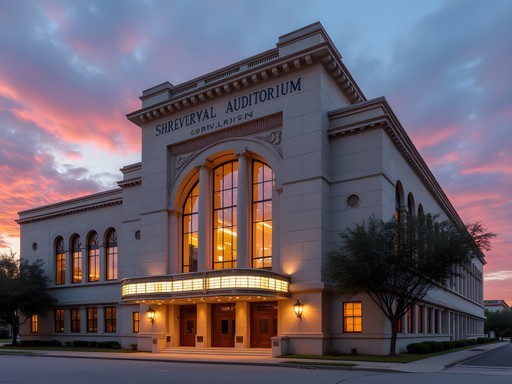
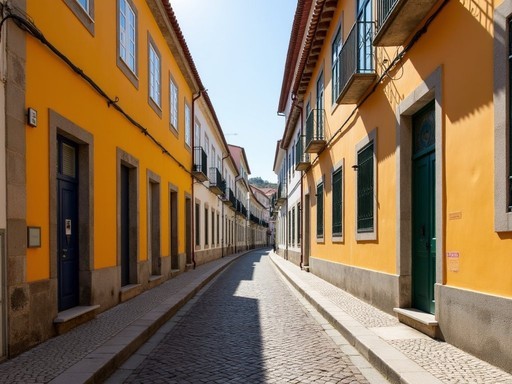
Comments
Casey Andersson
Omar, your post perfectly captures what I call the 'second layer' of travel - moving past the surface to really understand a place. I had a similar experience in Ndola (just an hour from Kitwe) earlier this year. While the accommodations weren't luxury by global standards, the cultural richness more than made up for it. For anyone planning a visit to the Copperbelt region, I'd suggest splitting time between Kitwe and Ndola. The railway museum in Ndola provides fascinating context about how these mining communities developed. Also, the Saturday craft market near Jacaranda Mall showcases incredible copper artistry - I bought pieces that are now conversation starters in my Wellington apartment. Omar - did you try the village chicken at Chisokone Market? That meal with nshima was possibly the most authentic food experience of my Zambian journey!
Omar Ortiz
Casey, you're absolutely right about that 'second layer' - it's where the real travel magic happens! I did try the village chicken with nshima - so good! The texture is completely different from commercially raised chicken. And thanks for the Ndola tips - I only passed through briefly but clearly need to spend more time there next visit.
backpackperson
You two are making me hungry! Adding village chicken to my must-try list for Zambia!
exploreperson
Any recommendations for where to stay that would help connect with locals like you did? Going in January!
Omar Ortiz
Try Mindolo Guest House - family-run, great location, and the owner Joseph is incredibly connected in the community. Tell him Omar sent you! He organizes informal community dinners twice weekly.
hikinglife
Just got back from Zambia and wish I'd read this before going! We stuck to the usual tourist circuit but this makes me want to go back and explore more deeply. Your writing really captures the soul of a place, Omar!
wavestar
Those market photos are stunning! Really captures the energy of Chisokone. Did you try the dried caterpillars? My husband couldn't get past the appearance but I thought they were actually pretty tasty!
Omar Ortiz
Haha yes! I was hesitant at first but they're surprisingly good - kind of nutty flavor. The locals got a good laugh watching my first attempt!
islandninja
I'm heading there in December and the caterpillars are on my must-try list! Any other food recommendations?
Omar Ortiz
Don't miss nshima with the local fish stews! And there's a small restaurant near the central market that makes amazing village chicken - ask around for 'Mama Bupe's Place' - it's a local favorite.
Taylor Moreau
Omar, this is a refreshingly nuanced take on Kitwe. I've visited the Copperbelt several times for business, but never took the time to explore the cultural dimensions you've highlighted. Your section on the fusion of traditional music with modern influences particularly resonated - I caught glimpses of this vibrancy but never fully engaged. One recommendation for those following in your footsteps: the community art center near the university hosts workshops where visitors can learn traditional crafts alongside locals. It wasn't mentioned in your piece but complements your immersive approach perfectly. I found my pocket translator invaluable for deeper conversations in the markets, especially with older vendors who weren't comfortable with English. Well worth the investment for genuine connections.
Omar Ortiz
Thanks for that tip about the art center, Taylor! I completely missed that and it sounds fantastic. Will definitely check it out next time I'm in Kitwe.
Bryce Diaz
Omar, your post transported me right back to my own unexpected detour to Kitwe in 2023! I was heading to Kasanka for the bat migration when vehicle troubles stranded me in Kitwe for four days. What started as frustration turned into one of those travel gifts - I ended up at a local wedding after helping the groom's brother change a tire! The hospitality was incredible. One tip for anyone visiting: don't miss the Sunday community gatherings at Mindolo Dam. Families picnic, musicians practice, and it's a perfect place to experience everyday Zambian life away from tourist spots. I documented the whole experience with my compact zoom lens which was perfect for capturing candid moments without being intrusive. Omar, did you make it out to Mindolo?
Omar Ortiz
Bryce! Those unexpected detours often become the best stories, don't they? I did visit Mindolo Dam but on a Thursday - much quieter then. Sounds like I missed out on the Sunday scene! And wow, attending a local wedding? That's travel gold right there.
islandninja
Great post! How safe did you feel wandering around Kitwe's neighborhoods? Any areas to avoid?
Omar Ortiz
I felt quite safe overall, especially during daylight hours. Like any city, just use common sense - don't flash valuables and be aware of your surroundings after dark. The central areas and main markets are well-populated. I'd recommend asking your accommodation about specific neighborhoods before exploring the outskirts.
wavestar
We were there last year and felt totally safe everywhere. The minibus system was super easy to use too!
explorefan
Omar, this is exactly the kind of post I've been looking for! I'm heading to Zambia next month and was worried Kitwe would just be industrial mining tours. Those community connections you made at Chisokone Market sound amazing. Did you find it easy to meet locals without a guide? I'm traveling solo and want that authentic experience but I'm a bit nervous about just showing up.
Omar Ortiz
Thanks @explorefan! You'll be fine going solo - Kitwe locals are incredibly welcoming. Start at Chisokone in the morning when it's less crowded. Just be genuinely curious and people will open up. The coffee shop near the university is also great for meeting younger locals who often speak English.
explorefan
That's super helpful! Will definitely check out that coffee shop. Can't wait!
wildrider
Your section on connecting with local communities really resonated with me. I find it's always the people that make a destination special. Any tips on overcoming the language barrier? Did you find English widely spoken or did you need some basic Bemba phrases?
Omar Ortiz
English is widely spoken in urban areas, especially among younger people. Learning a few Bemba greetings goes a long way though! 'Muli shani' (how are you) and 'natotela' (thank you) always got me smiles and opened doors to conversations.
wildrider
Perfect! Writing those down for my trip. Thanks!
cityblogger
I visited Kitwe last year while doing research on mining communities. The contrast between industrial areas and vibrant cultural life really struck me. Did you get a chance to visit any of the mines? The tour at Nkana was eye-opening. Also loved those small music venues you mentioned - Zambians know how to party!
Omar Ortiz
I did visit Nkana! Didn't have space to include it in the post but completely agree - gives you a whole new perspective on where copper comes from and the lives built around it.
Venture X
Premium card with 2X miles, $300 travel credit, Priority Pass